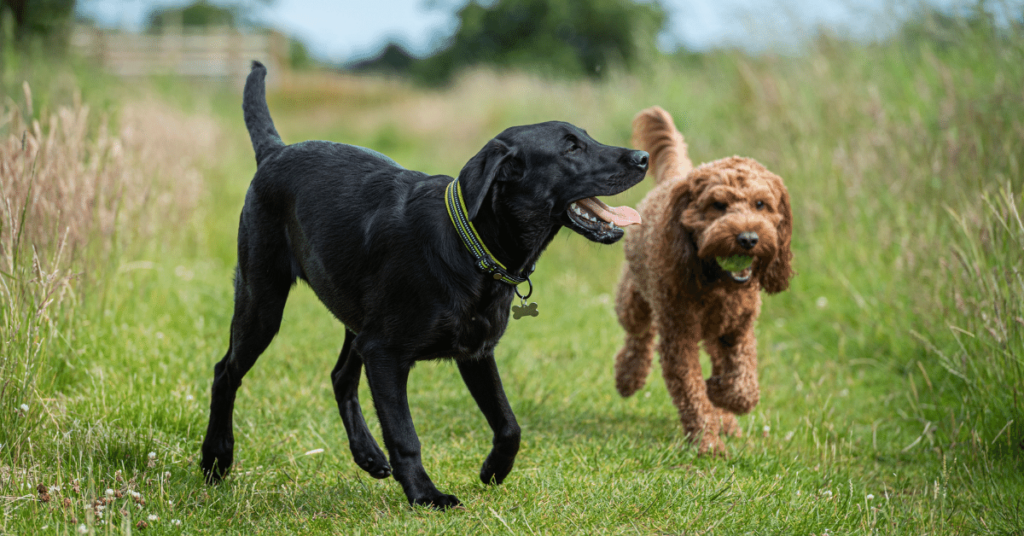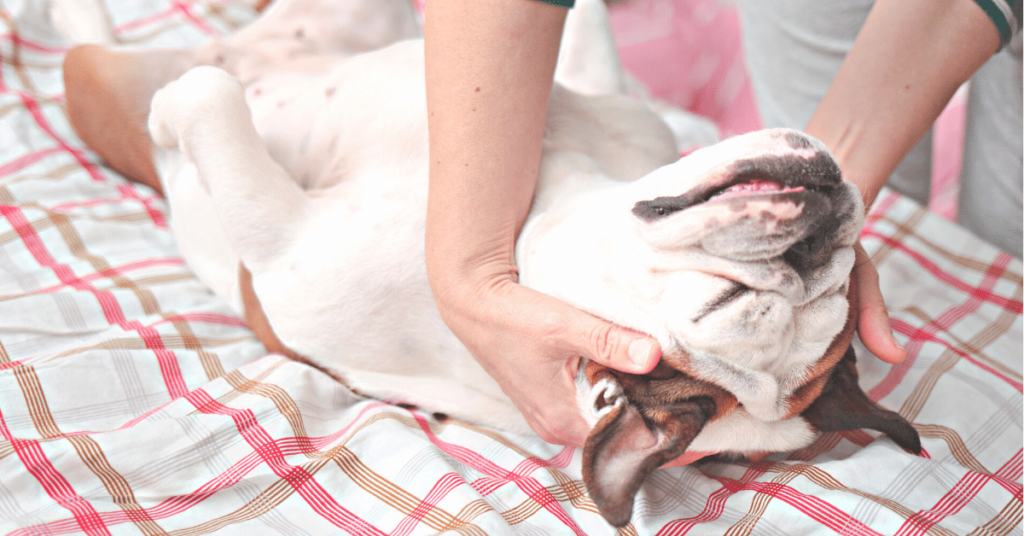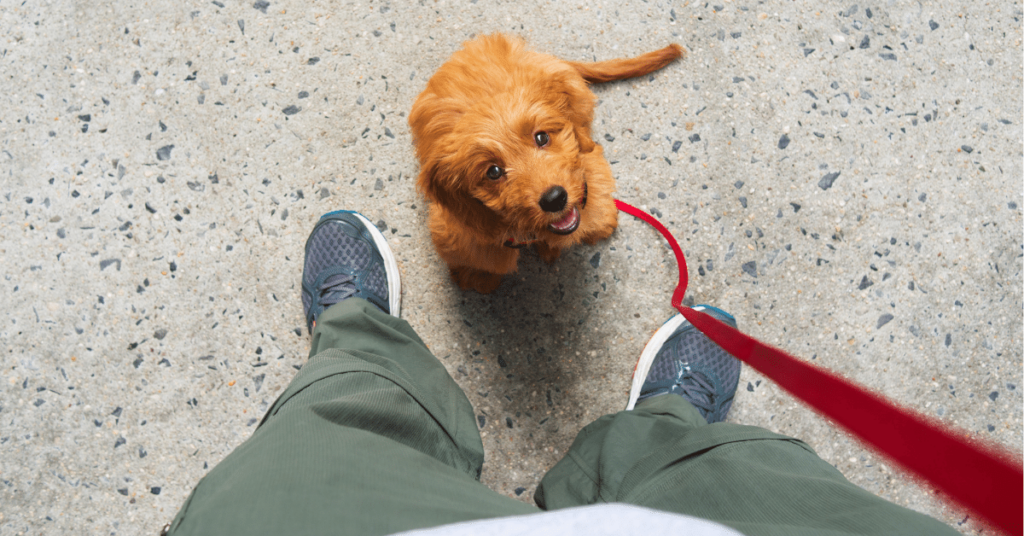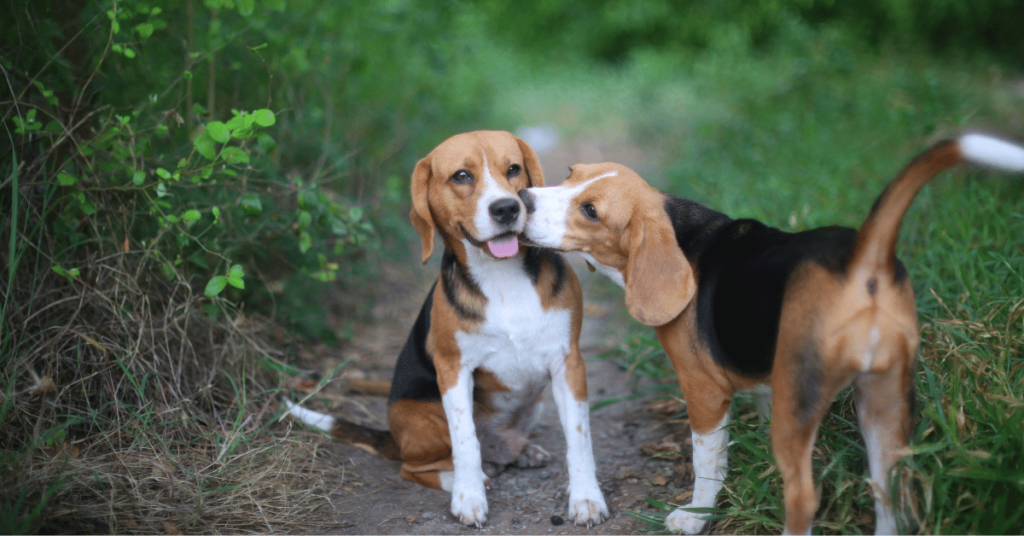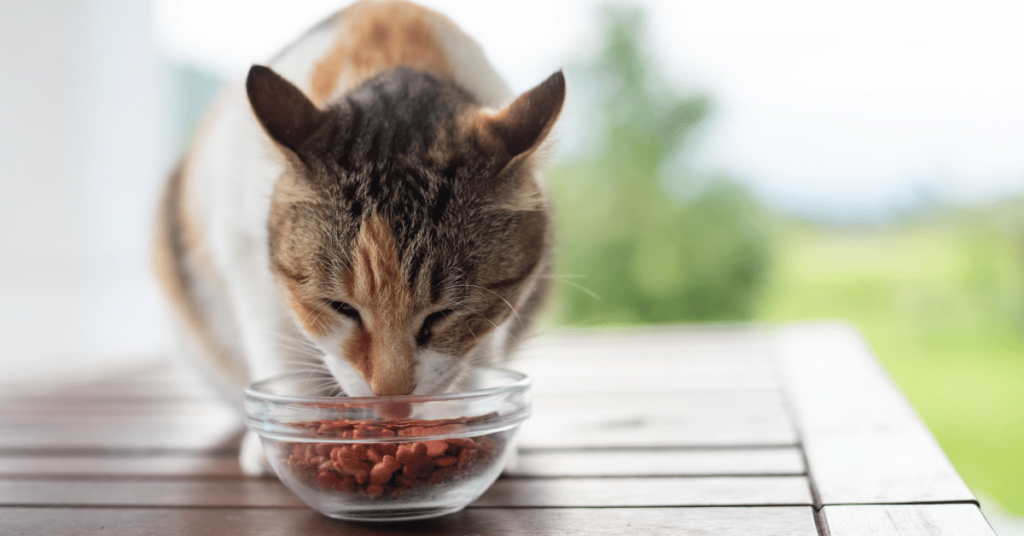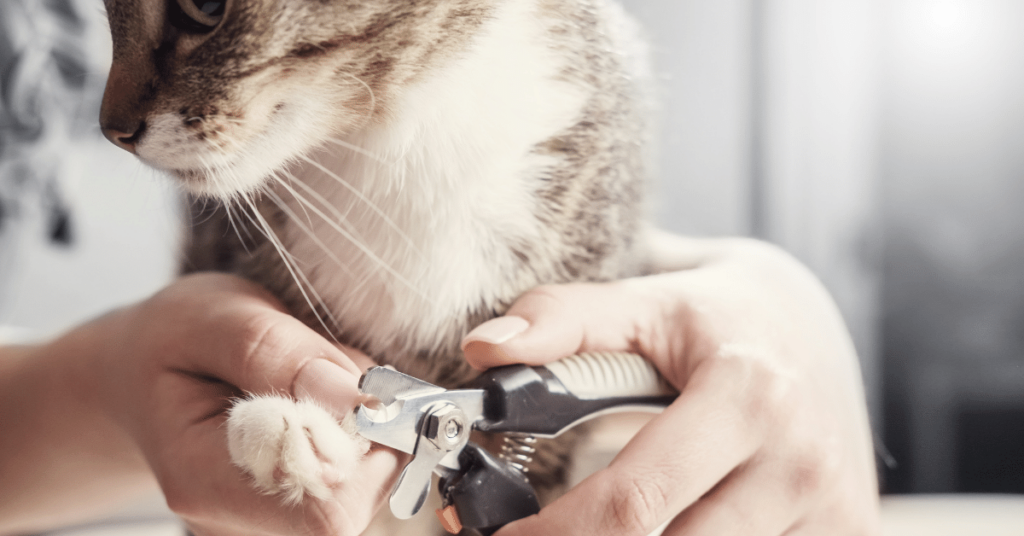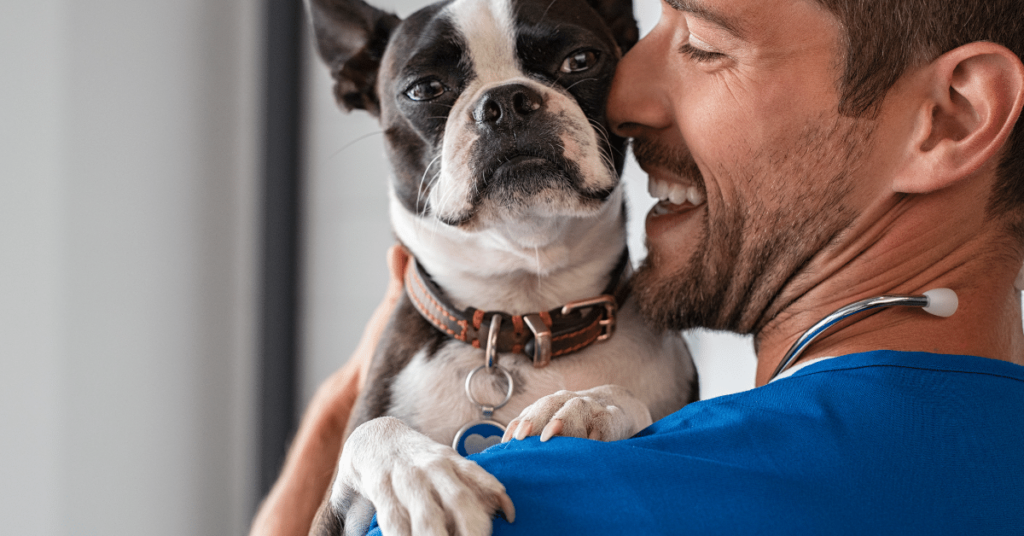Introduction
When it comes to keeping our pets happy and healthy, there are many factors to consider. Proper nutrition, regular exercise, and routine medical care are all essential aspects of pet wellness. However, one often overlooked but crucial element in maintaining a healthy and balanced pet is socialization. Socialization plays a key role in building confidence, fostering positive relationships, and overall pet health. In this article, we will explore the significance of socialization for our furry friends.
What is Socialization?
Socialization refers to the process by which animals, particularly dogs and cats, are exposed to various experiences, environments, and individuals from an early age. During this critical period, typically between 3 and 14 weeks, pets should be introduced to a wide range of people, animals, sounds, and situations to help them become well-adjusted and confident adults.
Benefits of Early Socialization
Early socialization has numerous benefits for pets, both in their formative years and throughout their lives. Here are some of the key advantages:
- Improved Emotional Well-being: Proper socialization helps pets develop a positive attitude toward the world around them. It reduces fear, anxiety, and aggression, contributing to their emotional well-being.
- Confidence Building: Socialization exposes pets to unfamiliar situations, allowing them to learn coping mechanisms and build confidence when faced with new challenges.
- Positive Relationships: Pets that are well-socialized tend to have better relationships with other animals and humans. They are more likely to interact positively and adapt easily to changes in their surroundings.
- Reduced Behavioral Problems: Pets who have undergone socialization are less likely to exhibit behavioral issues such as excessive barking, chewing, or aggression. They are better equipped to handle stress and respond appropriately to different stimuli.
The Role of Socialization in Pet Health
Physical Health
While socialization primarily focuses on mental and emotional well-being, its impact on physical health should not be underestimated. Pets that are well-socialized are generally healthier due to the following reasons:
- Reduced Stress: Socialization helps pets become more resilient and less prone to stress-related illnesses. Regular interactions with others teach them to handle potentially stressful situations with ease.
- Improved Immune System: When pets are introduced to various environments, their immune systems naturally become stronger. Exposure to different germs and bacteria helps build immunity, making them less susceptible to diseases.
- Better Overall Health: Socialized pets are more likely to engage in regular physical exercise, which promotes cardiovascular health and muscle development. They also tend to have a healthier appetite and maintain a well-balanced diet.
Mental Health
Just like humans, pets can experience mental health issues. Socialization plays a crucial role in maintaining their mental well-being:
- Mental Stimulation: Through socialization, pets are exposed to new sights, sounds, and smells. These sensory experiences promote mental stimulation and prevent boredom, which can lead to behavioral problems.
- Increase in Cognitive Abilities: Socialized pets are more likely to display higher levels of intelligence, problem-solving skills, and adaptability. Regular interaction with their surroundings helps keep their minds sharp and active.
- Reduced Anxiety and Depression: A lack of socialization can lead to anxiety and depression in pets. By providing them with positive social experiences, we can help alleviate these mental health issues and ensure their emotional stability.
Socialization Techniques
Now that we understand the importance of socialization in pet health, let’s explore some techniques to ensure a well-socialized pet:
Early and Positive Exposure
Starting early is crucial when it comes to socializing your pet. Introduce them to new experiences, environments, and individuals as soon as it is safe to do so. However, it is important to ensure that these encounters are positive and rewarding. Use treats, praise, and rewards to reinforce good behavior during socialization sessions.
Gradual Exposure
For pets who may be particularly fearful or anxious, gradual exposure is key. Slowly introduce them to new experiences and environments, allowing them to adjust at their own pace. Pushing them too quickly can exacerbate their fears and hinder the socialization process.
Enroll in Training Classes
Enrolling your pet in training classes is an excellent way to promote socialization. These classes provide controlled environments where pets can interact with both humans and other animals under the guidance of professional trainers. It also helps develop obedience and social skills simultaneously.
Socialize with a Variety of Individuals and Animals
Expose your pet to a diverse range of individuals, animals, and environments. This includes people of different ages, genders, and ethnicities, as well as animals of various sizes and breeds. This exposure will help them become comfortable with a wide array of stimuli.
Summary
Socialization is a vital aspect of pet health that often goes overlooked. By exposing our pets to new experiences, environments, and individuals, we help them build confidence, positive relationships, and overall well-being. Socialized pets are more emotionally stable, less prone to behavioral issues, and enjoy better physical and mental health. Implementing early and positive socialization techniques, such as gradual exposure and training classes, can ensure a well-adjusted and happy pet. Remember, socialization is an ongoing process that continues throughout your pet’s life, so make it a priority to provide them with the necessary experiences for a fulfilling and balanced life.

